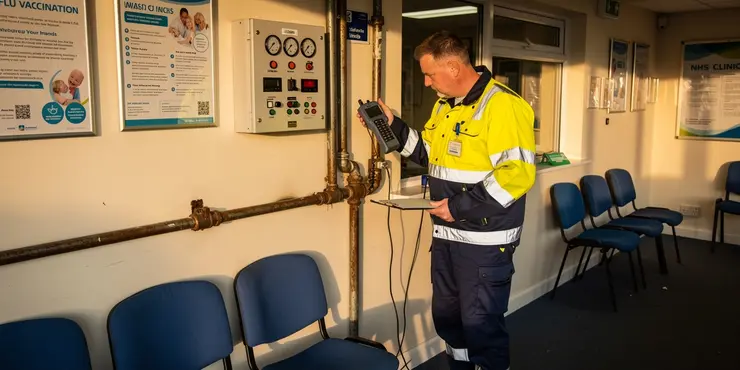
Find Help
More Items From Ergsy search
-
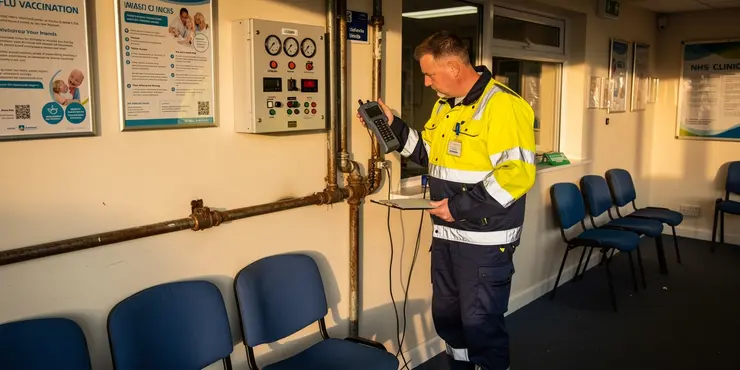
What is the expected timeframe to significantly reduce water loss in the UK?
Relevance: 100%
-
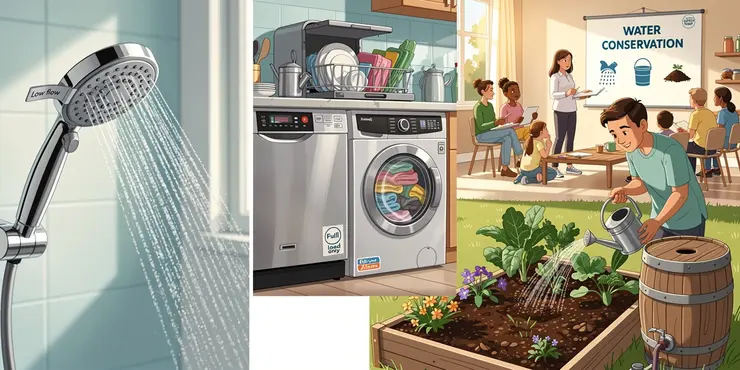
What is the role of consumers in reducing water loss?
Relevance: 84%
-
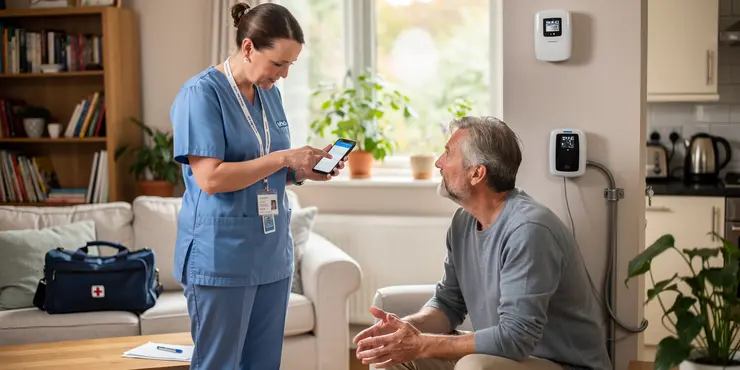
How are new technologies helping to reduce water loss in the UK?
Relevance: 82%
-
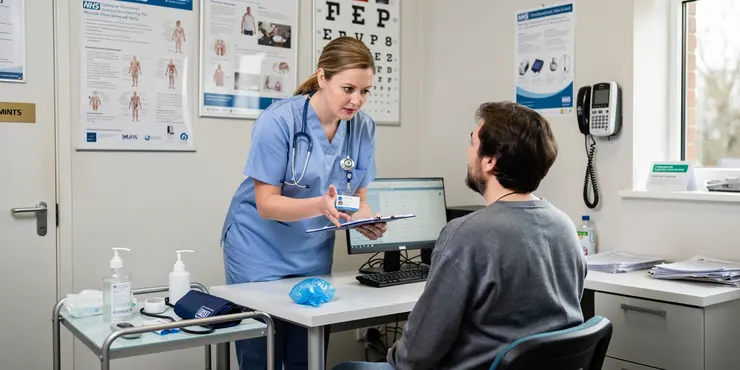
What causes water loss in the UK?
Relevance: 72%
-

How significant is the water loss problem in the UK?
Relevance: 70%
-

What are the financial implications of water loss for the UK?
Relevance: 69%
-
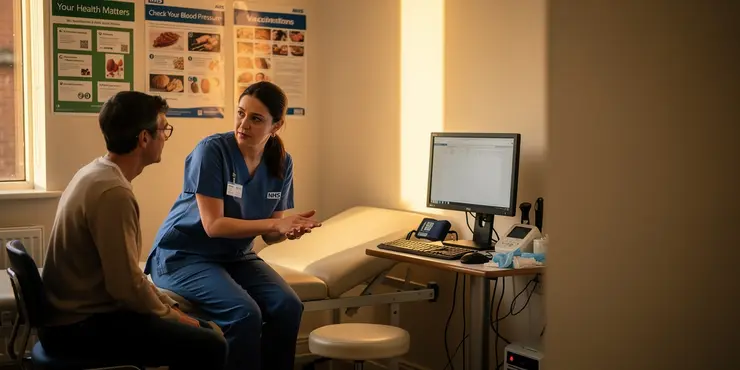
Are there any government initiatives to tackle water loss in the UK?
Relevance: 67%
-
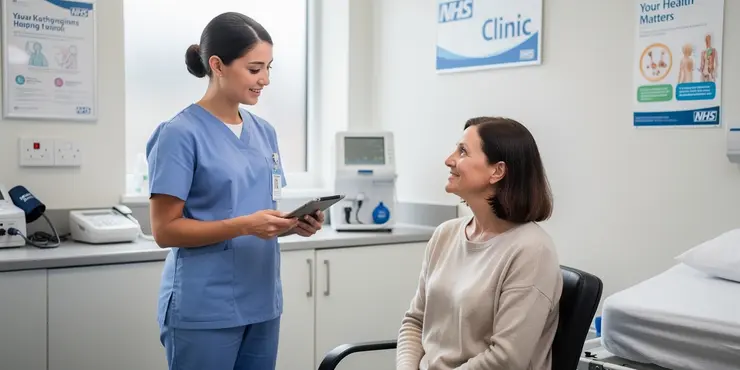
What measures are being taken to address water loss in the UK?
Relevance: 67%
-
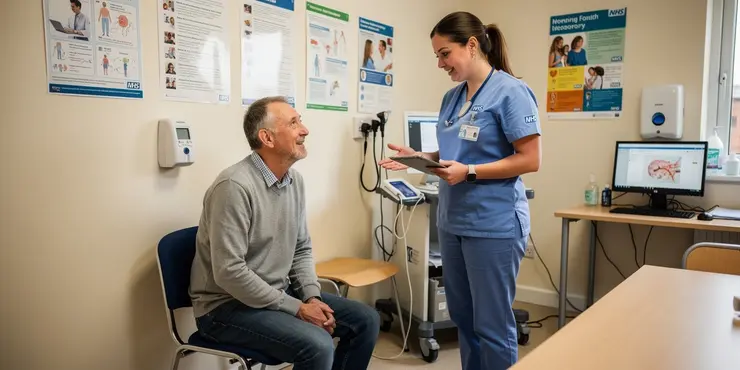
What impact does water loss have on the environment in the UK?
Relevance: 64%
-
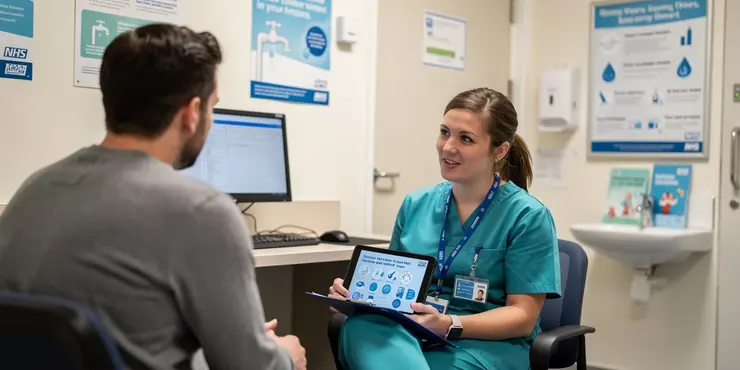
Can individual actions significantly impact overall water loss?
Relevance: 62%
-
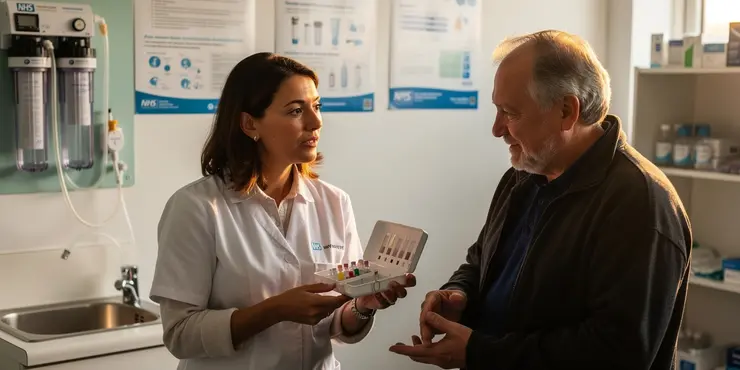
How much water is lost in the UK through poor infrastructure?
Relevance: 55%
-
Can reducing sugar intake aid weight loss?
Relevance: 52%
-
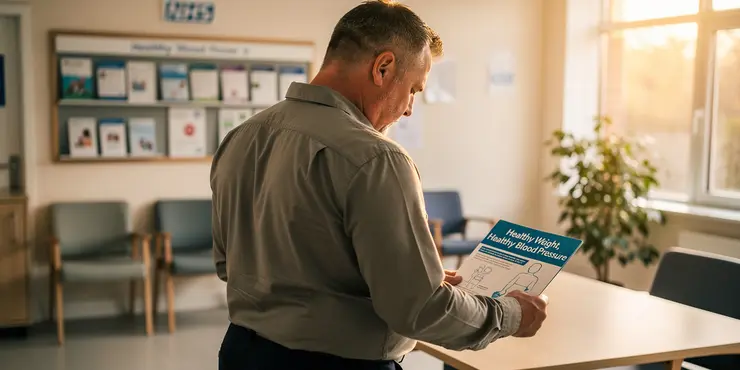
Can weight loss help reduce high blood pressure?
Relevance: 45%
-
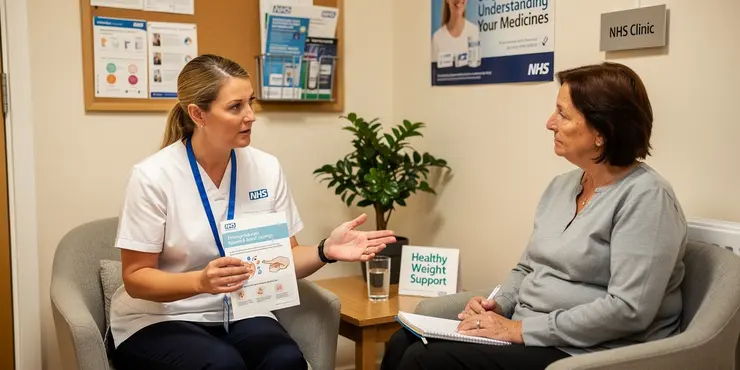
Can weight loss drugs cause dehydration?
Relevance: 44%
-
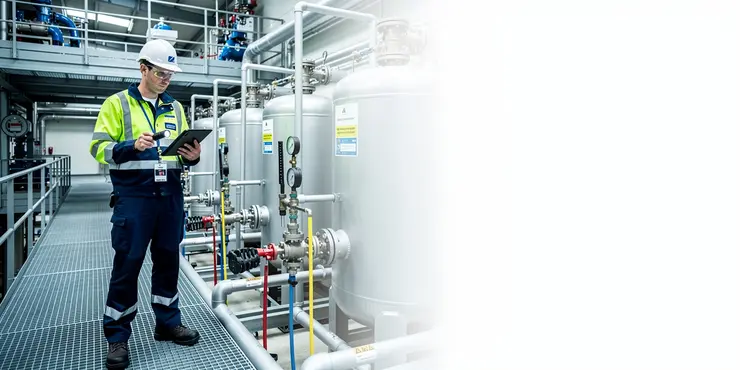
Are water companies responsible for maintaining water infrastructure in the UK?
Relevance: 43%
-
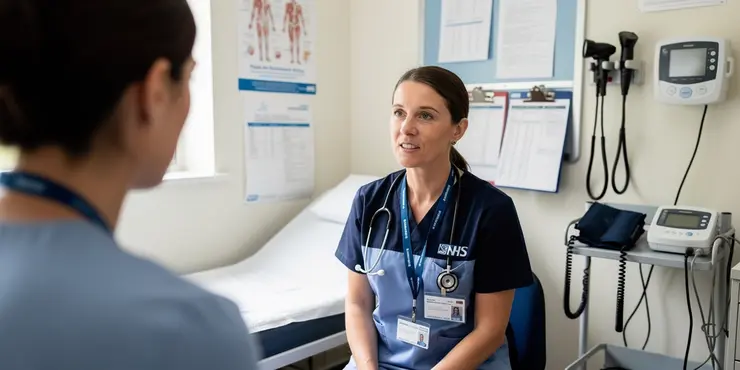
Which UK water companies are going to refund their customers?
Relevance: 43%
-
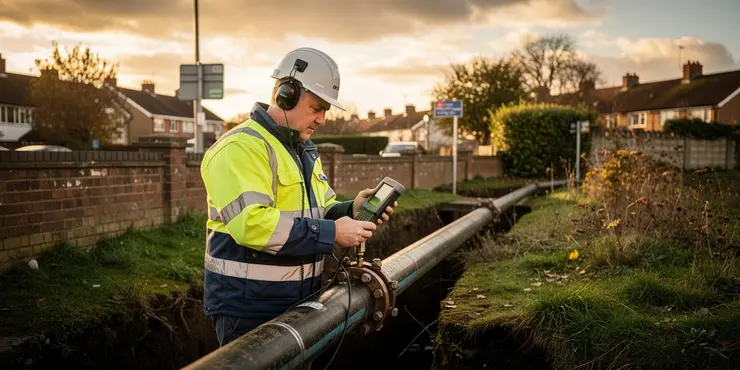
How do water companies detect leaks?
Relevance: 43%
-
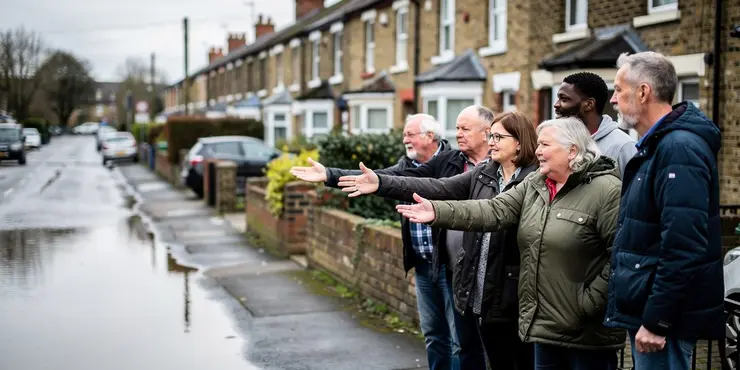
What happens if a water main bursts?
Relevance: 41%
-
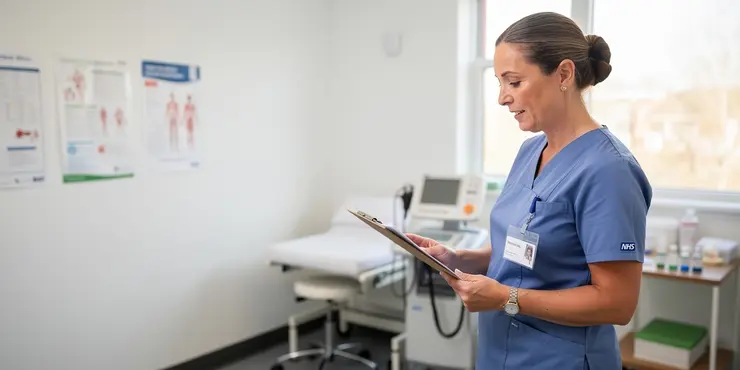
Are there penalties for not maintaining water infrastructure?
Relevance: 41%
-
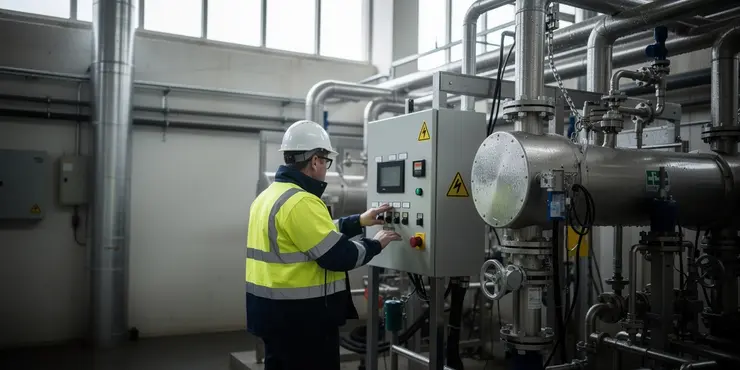
What does water infrastructure maintenance involve?
Relevance: 41%
-
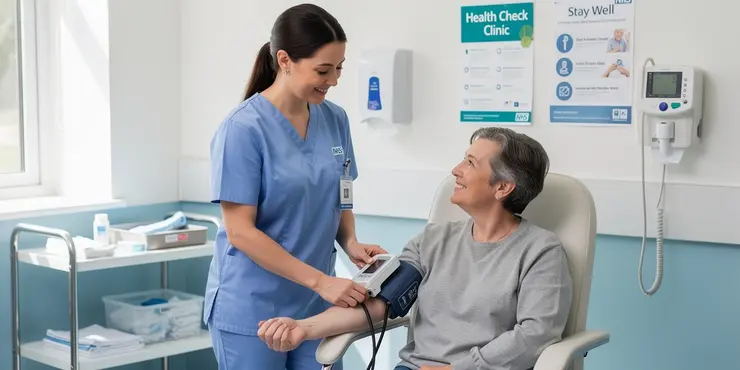
Are there initiatives to improve water efficiency in infrastructure?
Relevance: 40%
-

Can drinking water help prevent tooth decay?
Relevance: 40%
-

Does Thames Water impose hosepipe bans more frequently than other water authorities?
Relevance: 39%
-
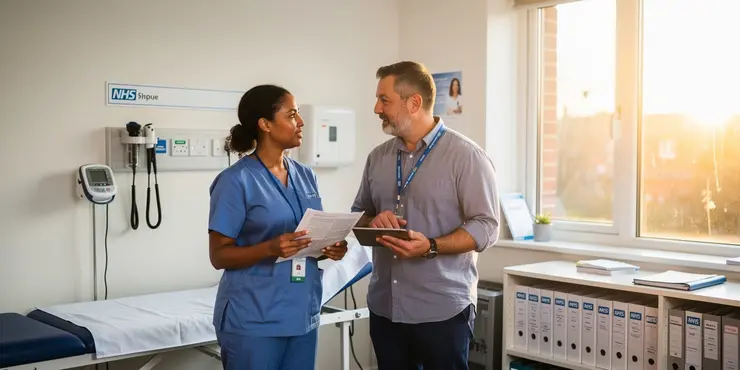
When will the refunds be issued by the UK water companies?
Relevance: 39%
-
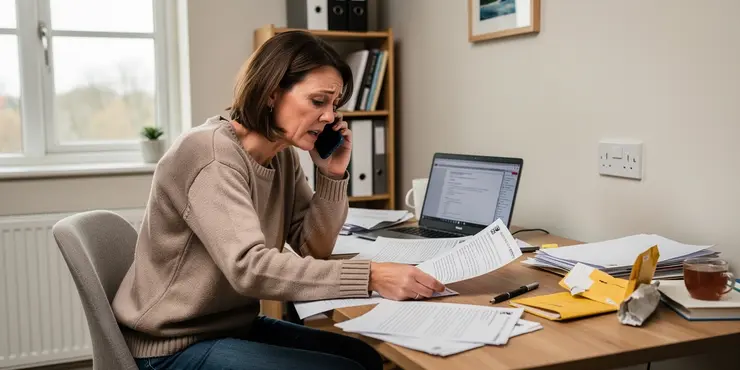
What can I do if the water company doesn’t respond to my claim?
Relevance: 39%
-
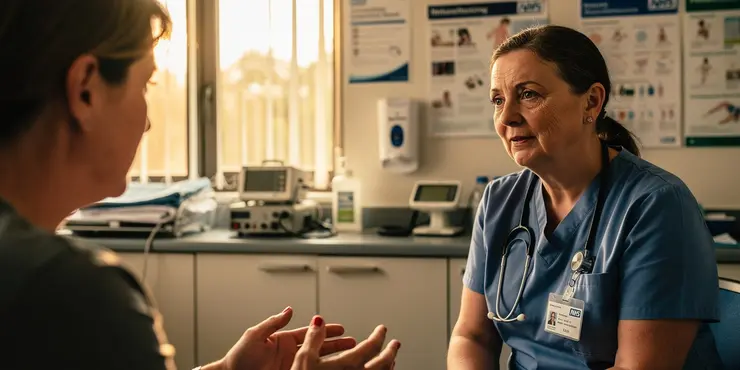
Do water companies have to update the infrastructure?
Relevance: 39%
-
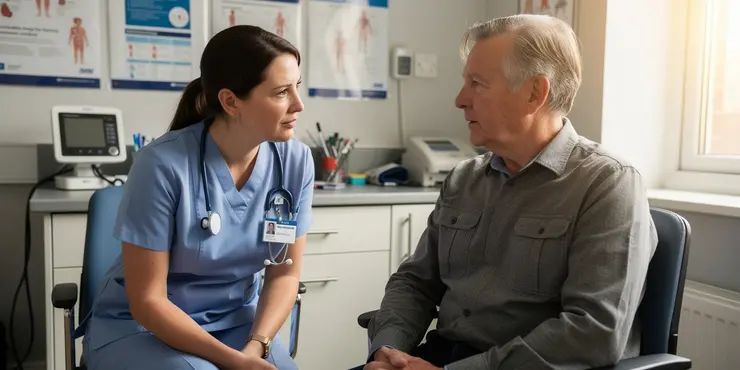
Does Thames Water enforce a hosepipe ban more than other water authorities?
Relevance: 38%
-
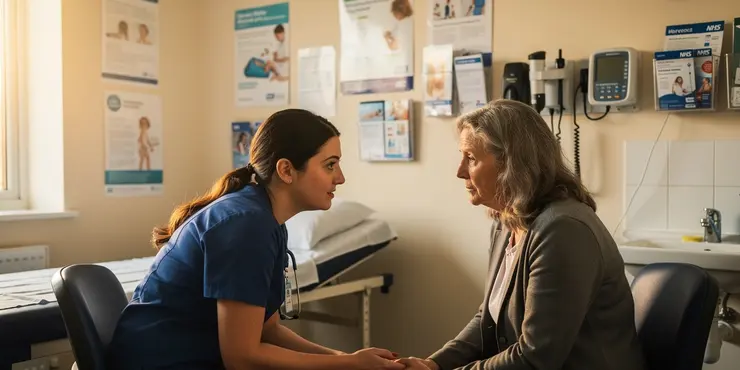
Are there legal guidelines for sewage discharge into UK waters?
Relevance: 38%
-

How old is the water infrastructure in the UK?
Relevance: 38%
-
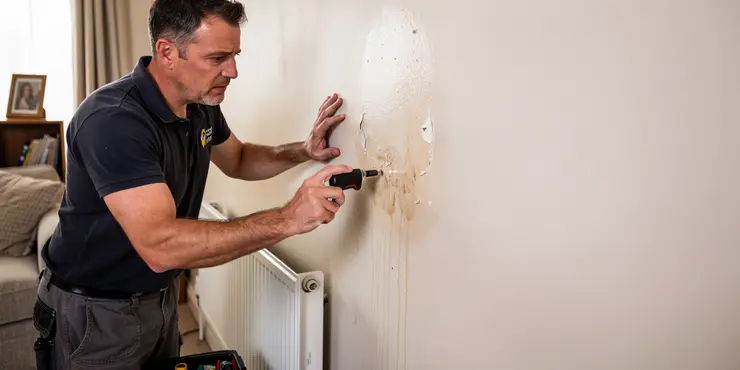
What are common signs of leaks in water infrastructure?
Relevance: 37%
-
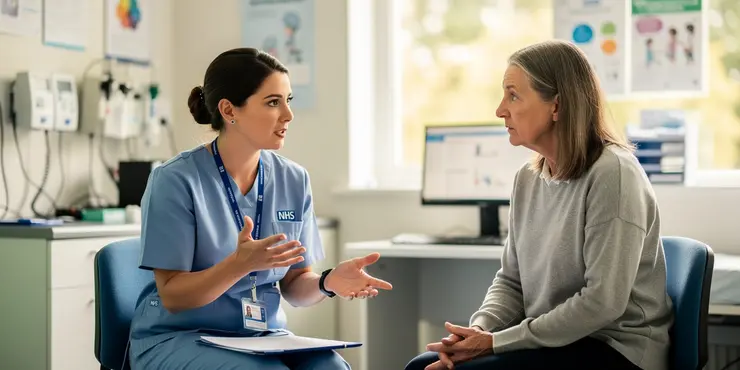
How do water companies fund infrastructure updates?
Relevance: 37%
-
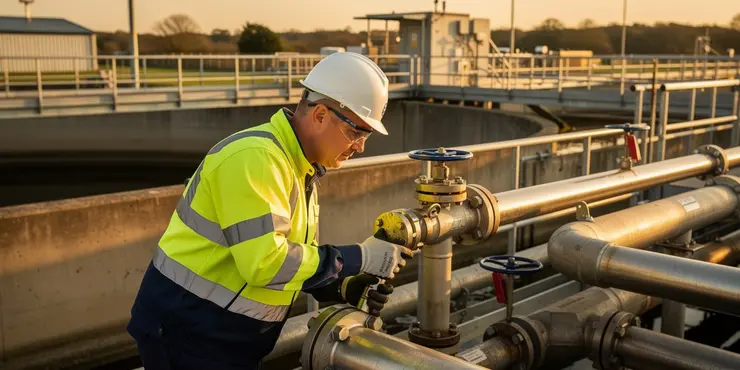
What role do water companies play in sewage pollution?
Relevance: 37%
-
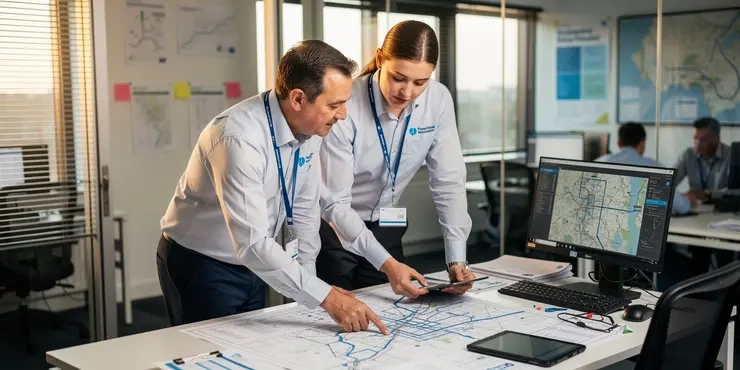
Do water companies have long-term infrastructure plans?
Relevance: 37%
-

Is there a risk of hair loss with weight loss drugs?
Relevance: 37%
-
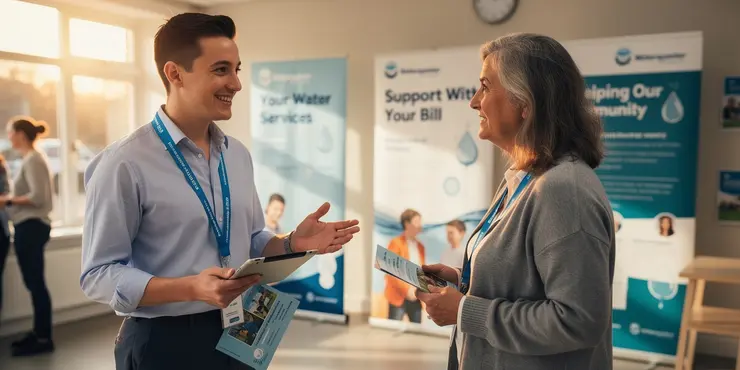
What is the role of a water regulator in my claim?
Relevance: 36%
-
How can I reduce my sugar intake?
Relevance: 36%
-
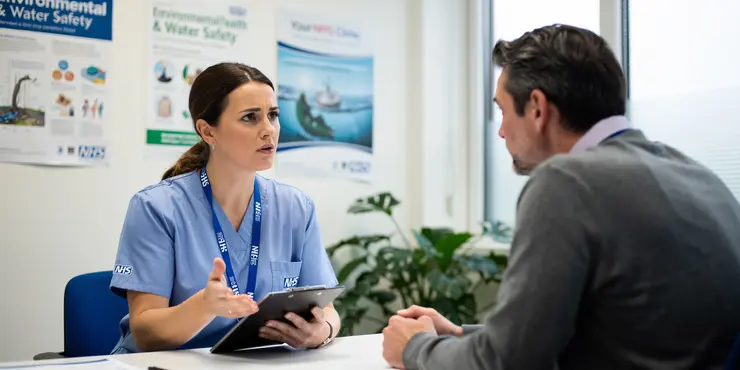
How can individuals help reduce sewage pollution?
Relevance: 36%
-
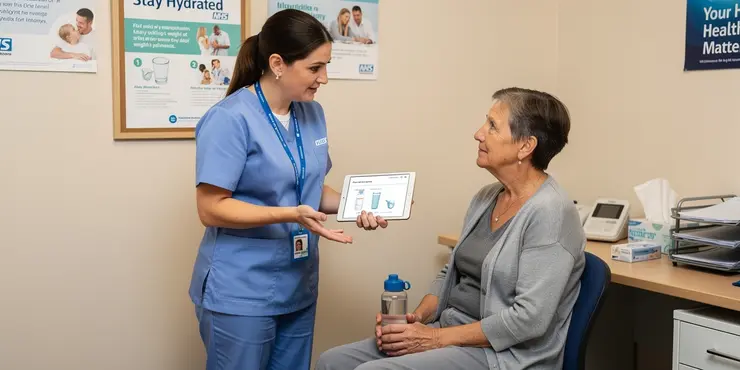
What role does hydration play when experiencing side effects from weight loss drugs?
Relevance: 36%
-
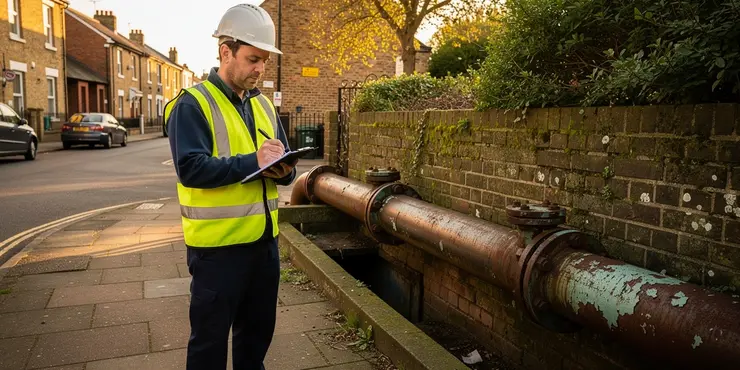
Are water companies responsible to maintain and update infrastructure in the UK?
Relevance: 36%
-
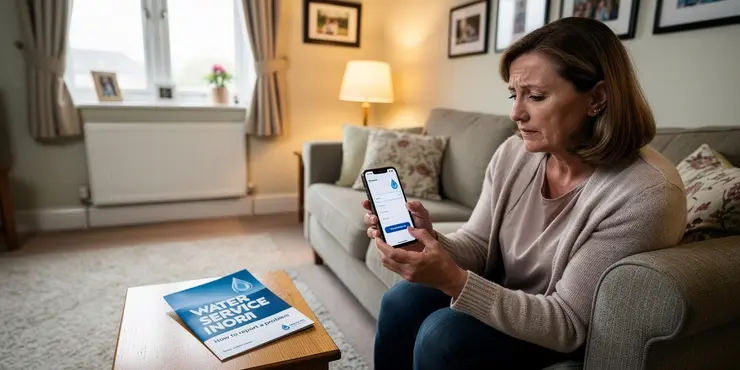
Can customers report issues with water infrastructure?
Relevance: 36%
Introduction
Water loss, often referred to as non-revenue water (NRW), is a significant concern in the UK. It accounts for millions of gallons lost each day due to leaks, metering inaccuracies, and unauthorized consumption. Tackling this issue is crucial not only for conserving water resources but also for ensuring efficient water utility operations and minimizing environmental impacts.
Current Water Loss Challenges in the UK
The UK faces considerable challenges in mitigating water loss. Much of the water infrastructure is outdated, with some systems being over a century old. Aging pipes are particularly prone to leaks and bursts, contributing significantly to water loss. Moreover, climate change is exerting additional pressure on water resources, rendering the need to address water loss more critical than ever.
Government and Utility Company Initiatives
The UK government and water utility companies are actively working towards reducing water loss. Regulatory bodies, such as Ofwat, have set ambitious targets for water companies to reduce leakage by 16% by 2025. Various initiatives have been launched to achieve this, including investments in technology for better leakage detection and replacement of old infrastructure.
Expected Timeframe for Significant Reduction
The expectation for significantly reducing water loss depends on the aggressive implementation of these initiatives. Achieving substantial progress by 2025 is a realistic short-term goal. However, experts assert that a more sustainable and comprehensive reduction can realistically be anticipated by 2040. This extended period allows for the modernization of infrastructure, adoption of smart technologies, and fostering of water conservation among the public.
Technological Advancements
Emerging technologies are pivotal to reducing water loss effectively. Innovations such as smart meters, real-time monitoring systems, and satellite-based leak detection are being rapidly integrated into the water management practices in the UK. These technologies help in identifying leakage points promptly, hence allowing for rapid intervention and repair.
Public Engagement and Conservation Efforts
In addition to infrastructure and technological investments, public awareness and involvement play a critical role in achieving water loss reduction targets. Water conservation campaigns are being promoted to educate the public about the importance of saving water. Encouraging the adoption of water-efficient practices and appliances at the household level is also essential in complementing technological and infrastructure advancements.
Conclusion
Reducing water loss in the UK is a complex challenge requiring a multifaceted approach. While significant reduction by 2025 is feasible with current advancements and initiatives, a long-term perspective targeting 2040 is essential for sustainable success. The synergy between technological advancements, infrastructure modernization, and public engagement will drive the UK towards minimizing its water loss and ensuring a secure water future.
Introduction
Water loss means losing water that is not paid for. This is a big problem in the UK. Every day, a lot of water is lost because of leaks, broken meters, and people using water without permission. We need to fix this problem to save water and help water companies work better. It also helps protect nature.
Current Water Loss Challenges in the UK
The UK has many challenges with losing water. Many water pipes are very old, even over 100 years old! Old pipes can leak or burst, causing lots of water to be lost. Also, changes in weather make it even more important to fix this problem.
Government and Utility Company Initiatives
The UK government and water companies are trying to stop water loss. A group called Ofwat wants water companies to lose 16% less water by 2025. Companies are using new technology to find leaks and fix old pipes to reach this goal.
Expected Timeframe for Significant Reduction
Stopping water loss takes time. We hope to see better results by 2025. But for a bigger change, we will need until 2040. This time is needed to fix pipes and use new smart technology to save water. People need to learn how to use less water too.
Technological Advancements
New technology helps us save water. Smart meters and systems that watch for leaks all the time are being used. There are even satellites that can find leaks! These tools help fix leaks quickly.
Public Engagement and Conservation Efforts
Along with fixing pipes and using technology, we need everyone to help save water. There are campaigns to teach people why saving water is important. People are encouraged to use less water at home, like taking shorter showers or using water-saving appliances.
Conclusion
Stopping water loss in the UK is a big job. We need to do many different things to fix it. By working on this problem now and planning for the future, we can save lots of water by 2040. Using new technology, fixing pipes, and getting everyone to help will make sure we have enough water in the future.
Frequently Asked Questions
Useful Links
This website offers general information and is not a substitute for professional advice.
Always seek guidance from qualified professionals.
If you have any medical concerns or need urgent help, contact a healthcare professional or emergency services immediately.
Some of this content was generated with AI assistance. We’ve done our best to keep it accurate, helpful, and human-friendly.
- Ergsy carfully checks the information in the videos we provide here.
- Videos shown by Youtube after a video has completed, have NOT been reviewed by ERGSY.
- To view, click the arrow in centre of video.
- Most of the videos you find here will have subtitles and/or closed captions available.
- You may need to turn these on, and choose your preferred language.
- Go to the video you'd like to watch.
- If closed captions (CC) are available, settings will be visible on the bottom right of the video player.
- To turn on Captions, click settings .
- To turn off Captions, click settings again.
More Items From Ergsy search
-

What is the expected timeframe to significantly reduce water loss in the UK?
Relevance: 100%
-

What is the role of consumers in reducing water loss?
Relevance: 84%
-

How are new technologies helping to reduce water loss in the UK?
Relevance: 82%
-

What causes water loss in the UK?
Relevance: 72%
-

How significant is the water loss problem in the UK?
Relevance: 70%
-

What are the financial implications of water loss for the UK?
Relevance: 69%
-

Are there any government initiatives to tackle water loss in the UK?
Relevance: 67%
-

What measures are being taken to address water loss in the UK?
Relevance: 67%
-

What impact does water loss have on the environment in the UK?
Relevance: 64%
-

Can individual actions significantly impact overall water loss?
Relevance: 62%
-

How much water is lost in the UK through poor infrastructure?
Relevance: 55%
-
Can reducing sugar intake aid weight loss?
Relevance: 52%
-

Can weight loss help reduce high blood pressure?
Relevance: 45%
-

Can weight loss drugs cause dehydration?
Relevance: 44%
-

Are water companies responsible for maintaining water infrastructure in the UK?
Relevance: 43%
-

Which UK water companies are going to refund their customers?
Relevance: 43%
-

How do water companies detect leaks?
Relevance: 43%
-

What happens if a water main bursts?
Relevance: 41%
-

Are there penalties for not maintaining water infrastructure?
Relevance: 41%
-

What does water infrastructure maintenance involve?
Relevance: 41%
-

Are there initiatives to improve water efficiency in infrastructure?
Relevance: 40%
-

Can drinking water help prevent tooth decay?
Relevance: 40%
-

Does Thames Water impose hosepipe bans more frequently than other water authorities?
Relevance: 39%
-

When will the refunds be issued by the UK water companies?
Relevance: 39%
-

What can I do if the water company doesn’t respond to my claim?
Relevance: 39%
-

Do water companies have to update the infrastructure?
Relevance: 39%
-

Does Thames Water enforce a hosepipe ban more than other water authorities?
Relevance: 38%
-

Are there legal guidelines for sewage discharge into UK waters?
Relevance: 38%
-

How old is the water infrastructure in the UK?
Relevance: 38%
-

What are common signs of leaks in water infrastructure?
Relevance: 37%
-

How do water companies fund infrastructure updates?
Relevance: 37%
-

What role do water companies play in sewage pollution?
Relevance: 37%
-

Do water companies have long-term infrastructure plans?
Relevance: 37%
-

Is there a risk of hair loss with weight loss drugs?
Relevance: 37%
-

What is the role of a water regulator in my claim?
Relevance: 36%
-
How can I reduce my sugar intake?
Relevance: 36%
-

How can individuals help reduce sewage pollution?
Relevance: 36%
-

What role does hydration play when experiencing side effects from weight loss drugs?
Relevance: 36%
-

Are water companies responsible to maintain and update infrastructure in the UK?
Relevance: 36%
-

Can customers report issues with water infrastructure?
Relevance: 36%


